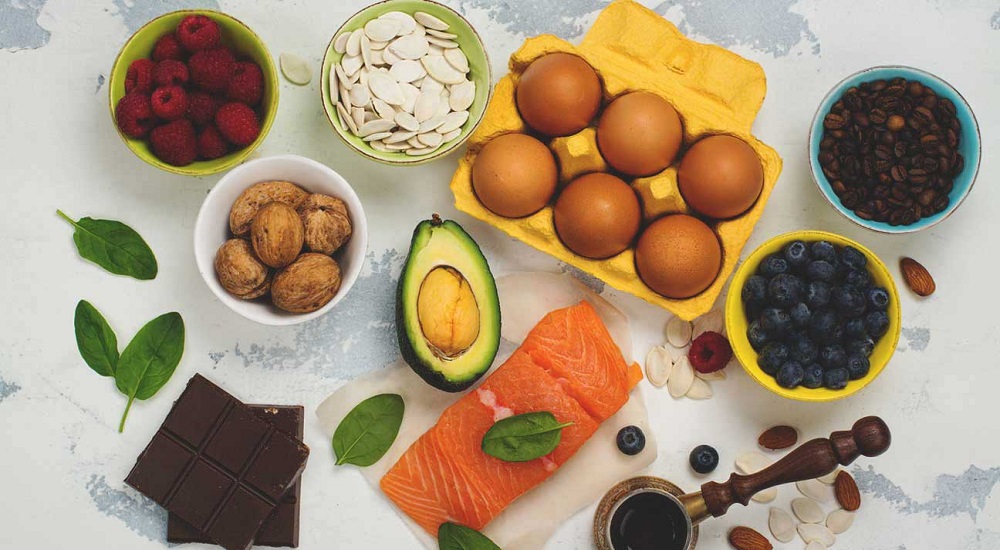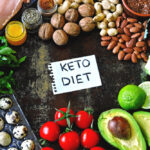Keto diet is quite popular when it comes to delivering results and is by far the most followed plan. There is a high chance that one or more of your friends around you have gone Keto. Despite the diet’s proven results, there are contradicting views about Keto. While some nutritionists emphasize on the benefits associated with this diet plan, others suggest that the diet should be avoided at all costs. There is no denying that Keto comprises of an extreme plan that mimics starvation by restricting the intake of carbs and adding more fats into your diet. This leads body into a metabolic state called ketosis.
If Keto diet is your weight loss solution, it is important to be informed about the potential health hazards that come with it. If you have some medical condition then being informed about its pros and cons is very essential, as they may cause your condition to become worse. While following a keto diet plan following are the risks that you are susceptible too.
Click here to read how to lose weight with Vegan Diet.
1. Rise In Cholesterol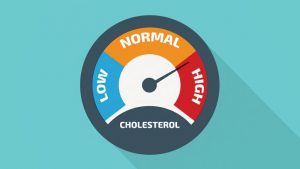
The basic principle of Keto diet is to consume fats while avoiding carbs. Hence foods like butter, fatty meats, cheese and bacon become an integral part of your meals, raising cholesterol levels in your body considerably. The worst part is that these foods are rich in saturated fats, which produce an unhealthy LDL cholesterol.
A rise in LDL is unsafe for everyone. It is particularly alarming for people with a history of cardiovascular diseases. Therefore, in order to ensure that your elevated cholesterol levels are not unhealthy for you, you should get yourself examined regularly. You can also seek help from a nutritionist to choose healthier food options for you.
2. Nutrient Deficiency
Since Keto diet also restricts the consumption of vegetables and fruits, you deprive your body of vitamins and minerals present in these food sources such as fiber and antioxidants.
Read about the health benefits of Keto diet by clicking here.
3. Increased Heart Rate
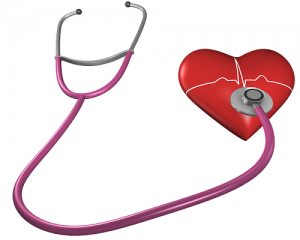
Once you start a Keto diet, it is quite likely that your heart rate will increase during the first few weeks. You may experience your heart beating harder too in response to the dietary changes. Arrhythmias patients should consult a doctor before adopting this diet plan.
4. Dehydration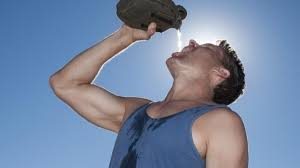
Ketogenic diet helps body shed pounds by decreasing diet and maintaining muscle. However, this process can become quite risky if it is overdone. The diet helps form ketones when it enters a metabolic state, which are a by-product of ketosis. Excessive production of ketones can cause ketoacidosis, a condition in which excessive ketones cause dehydration by making the blood too acidic. In rare cases, this condition can lead to coma or even death.
5. Poor Functioning Of Organs
Body’s main source of energy is glucose, which is derived by the body by breaking up carbs. Glucose is used by the body to provide energy to brain, red blood cells, some body tissues and nervous system. However, by restricting carbs in the diet, the body doesn’t get the needed glucose and instead relies on energy obtained from broken down fats known as ketones. There is a shift in body’s metabolism, creating a glucose deficit in the body as it turns towards the muscles for protein. This slows down the repair and functioning of the body’s major organs such as heart, lungs, kidneys and liver.
Click here to read about Clean Eating Diet.
6. Improper Eating Pattern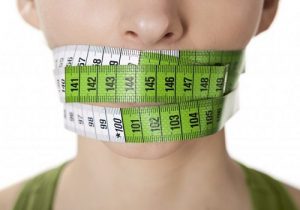
If you face improper eating patterns, Keto diet is not meant for you. Since the diet eliminates entire food groups, it becomes quite challenging for people with disordered eating to ensure that they consume a balanced, healthy diet.
Even if you have a healthy appetite and do not suffer from any eating disorder, Keto diet prime focus is weight loss rather than overall health. By cutting out a certain food group, carbohydrates in this case, only leads to the risk of developing health conditions later on such as kidney stones and cardiovascular problems.
Is Keto Diet Good for Athletes?
For athletes who are looking to gain muscle mass, Keto may not be a perfect diet plan since it’s not high in protein, which is important for muscle building. You will not be following a keto diet if you take too much protein.
The keto diet does not have a positive effect on the performance of people doing high-intensity workouts such as spin classes, tennis, sprints, and CrossFit, since those exercises rely on carbohydrates as the primary fuel source. On Keto, you may experience a higher exertion and heart rate and lower power during these types of exercise, which can limit your ability to train.
The Keto diet can also be unsafe for athletes who need to eat a certain number of calories to support all of their physical activity. If the diet suppresses your appetite and leads you to eat less, it may make you energy deficit, unable to effectively recover and not progress in your fitness.
When you follow Keto, you may lack some nutrients that are necessary for athletes. Micronutrients and electrolytes are lost in the sweat during a workout and if the diet does not provide optimal amounts, you may need to supplement like adding salt to foods, boosting your intake of low-carb salty foods like pickles or having chicken broth. It can also become tricky to manage your potassium, magnesium, vitamins A and C, and folate needs since they’re found in many of the foods Keto doesn’t not allow to have.

